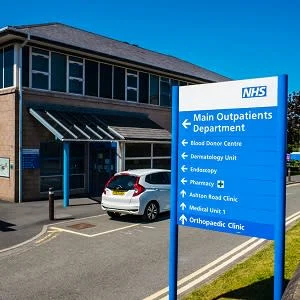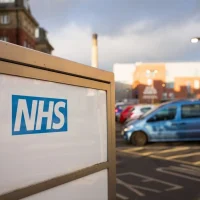The government will invest £645 million over two years to expand community pharmacy services. For the first time, patients who need prescription medication will be able to directly receive it from a pharmacy, without a GP appointment. This will be allowed for several common conditions including earache, sore throat, or urinary tract infections.
This new development will benefit everyone – GP practices, pharmacy teams, the NHS as a whole and, above all, the general public who will soon have more convenient access to advice and treatment.
This plan it set to improve access to care, support patients with managing their own health, and modernise general practice for the future. The goal is to free up millions of appointments for those who urgently need it, as well as support staff so they have more time to spend with patients.
Additionally, people will be able to access blood pressure checks in their local pharmacy, which means tens of thousands more people will have a lower risk of heart attack or stroke. People will have the freedom to self-refer to key services, including physiotherapy, hearing tests, and podiatry, without seeing their GP first.
Investment will be made to support better phone technology to enable GP teams to manage multiple calls and redirect them to other specialists, such as pharmacists and mental health practitioners.
Amanda Pritchard, NHS chief executive said: “The care and support people receive from their local GP is rightly highly valued by patients and so it is essential that we make it as easy as possible for people to get the help they need”.
“GPs and their teams are working incredibly hard to deal with unprecedented demand for appointments. But with an ageing population, we know we need to further expand and transform the way we provide care for our local communities and make these services fit for the future”.
The proposals outlined by NHS England are a significant step forward in improving the delivery of primary care services. By upgrading digital phone systems, it prevents people from staying on hold for long periods of time.
There will also be funding invested into the training of care navigators to help patients find the most appropriate professional and manage GP referrals. This will drastically improve patients’ access to appropriate care.
The plans will help patients with better and timely access to healthcare services, as well as reduce the strain on other parts of the NHS. Over the coming months, NHS England will communicate these changes to patients to help them understand how to access the right services.
Source: NHS England
Image Credit: iStock










